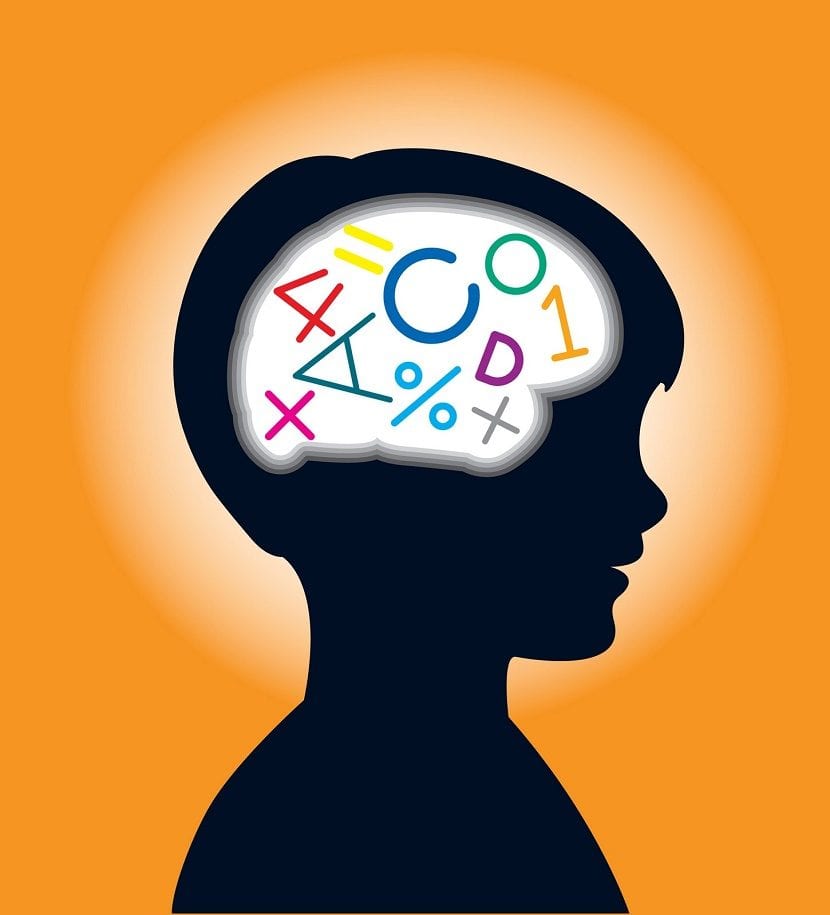
Students who have difficulty reading and spelling words often baffle teachers and parents. The student receives the same classroom instruction as other students, but continues to struggle with some or all of the many facets of reading and spelling. When this happens, the possibility of having dyslexia is usually considered, but to discover it you have to take other things into account as well.
The main symptoms of dyslexia are problems with learning letters, reading and spelling. In addition, they can present difficulties in reading words and in decoding them. A lack of fluency, slow reading, poor spelling, etc. can also be found.
Dyslexia can be an invisible problem for many. It is not a disease that can be cured like chickenpox or a cold. In school teachers can see that a student is working hard but they do not realize the steps their brain has to take to make sense of the words on the sheet. They don't see the advancement that they do see in other kids who don't have dyslexia.
Many children with dyslexia worry and think that there is something wrong with their brain, a thought that causes them fear. Thanks to recent research, we know that the brain of a person with dyslexia is normal and healthy, it just takes longer to make some connections, and it does so in various stages. This happens especially to adapt the letters that appear on the paper with sounds or the combinations that must be made between letters and sounds.. Dyslexia is not something rare or isolated, in fact it is quite common.
What is dyslexia
Dyslexia is a chronic problem with reading, it is a common learning disability that affects many people and is identified as a 'learning problem'. People with dyslexia can have trouble reading, writing, spelling, math, and also music.

Most people think of dyslexia as a condition that involves not reading correctly or words and letters being reversed. While it is true that some people with dyslexia have these problems, dyslexia can be much more than this. Experts say that dyslexia has little to do with recognizing the visual form of words, but rather, the brains of people with dyslexia connect differently. This difference makes it difficult for them to decipher the letters of words written in different sounds - phonemes - of the language, that is, they have great difficulty for phonological awareness.
The positive side of dyslexia
Dyslexia can happen to anyone. Sometimes children with dyslexia seem lazy or unmotivated to work hard enough, but the reality is that this has nothing to do with reality. Dyslexia can be accompanied by a lack of motivation, emotional or behavioral problems, even sensory impairment ... but usually because adequate strategies are not used so that they can learn depending on their needs.
A more positive view of dyslexia - for you to realize that it doesn't have to be a negative thing - is that these people are visual, multidimensional, intuitive, creative thinkers and are highly successful with hands-on learning. Many people with dyslexia are brilliant at the arts, creativity, design, computing, and lateral thinking. People with dyselxia only need to focus on those things that they do best to stand out!

What Causes Dyslexia?
Dyslexia can be inherited, many researchers identify the genes as responsible for this condition. Scientists also find specific differences in the brains of people with dyslexia. Brain images show structural differences in the brain, especially in the left hemisphere. The brains of people with dyslexia show little activity in known areas where writing, words or phonetic components are linked. When people with dyslexia have to read, they must develop alternative neurological pathways. They compensate for this by making more use of the frontal brain - Broca's area - which is associated with other aspects of speech and language processing.